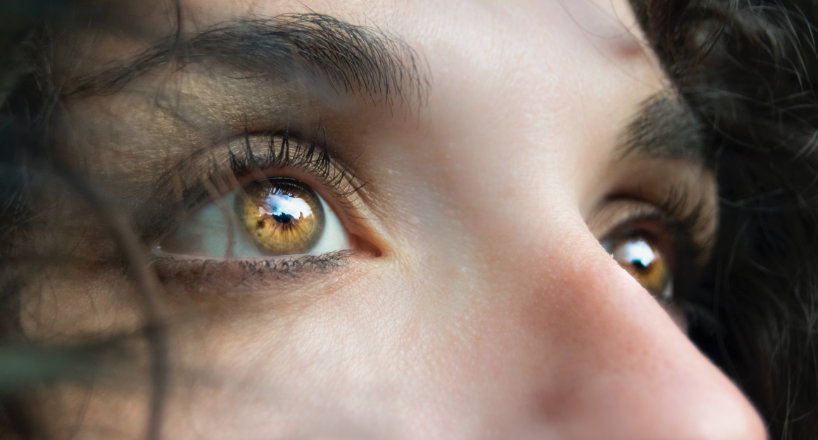
In addition to being “windows to the soul”, your eyes are likewise a clear indicator– or window– to your overall basic health. That’s why it’s so important to understand the relationship between your eyes and any medications you may presently be using. Because optometrists can use your eye health as a predictor or procedure of your general health, all medications that might affect your eyes require to be discussed with your eye care professional.
Can non-eye-related medications affect my eyesight?
Yes, they can. Since of its abundant blood supply and fairly small mass, the eye is susceptible to certain drugs and poisonous agents. Many medications, both prescription and nonprescription (over the counter) can modify the quantity or the quality of your vision, or position a danger to your future eye health.
Your existing medications and healthy sight actually go hand in hand and require to be gone over with your eye doctor.
How can medications impact eyesight?
Potential negative impacts of medications on your eyes can be categorized into three basic categories:
- Medications that can cause blurred vision or alter your eyes’ ability to adapt to the environment can affect your amount of vision.
- Medications that can induce glare, boost the light level of sensitivity, or hinder light-dark adaptation impact your quality of vision.
- Medications that can add to the advancement of ocular disorders. Particular medications can end up being a factor in establishing conditions such as cataracts, keratopathies, retinopathies, maculopathies, optic neuropathies, and glaucoma. These possible effects of particular medications are usually long-term, potentially more major, and present a greater risk to vision. However, their progression can typically be prevented (or restricted) if acknowledged early and the angering representative is ceased or the dosage reduced.
Are there other aspects to think about linking medications and eyesight?

There is a growing body of speculative and epidemiological evidence linking persistent UVR direct exposure with vision-threatening ocular disorders such as cataracts.
Medications that either dilate the pupil (increasing the quantity of UV entering the eye) or increase the effects of UV on the eye (photosensitizers) might increase the threat of developing UV-related eye disease.
If you are worried about the impacts your medications might have on your eyes, or experience any eye-related side effects, you must consult your medical care physician or eye care professional.